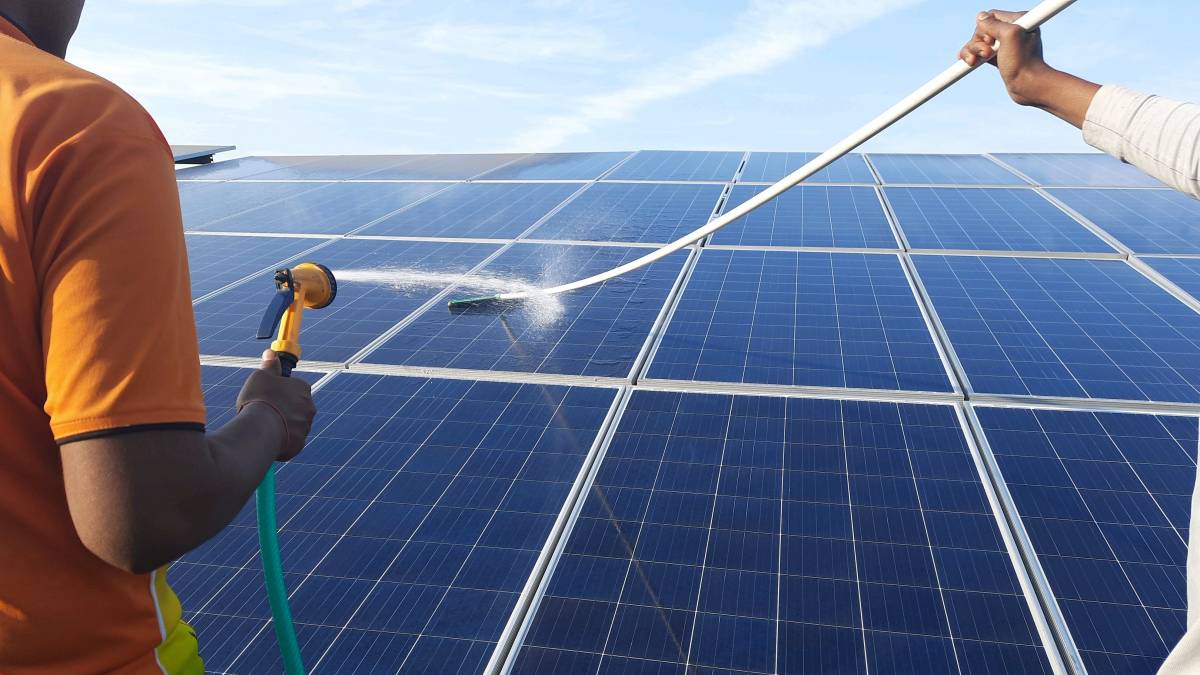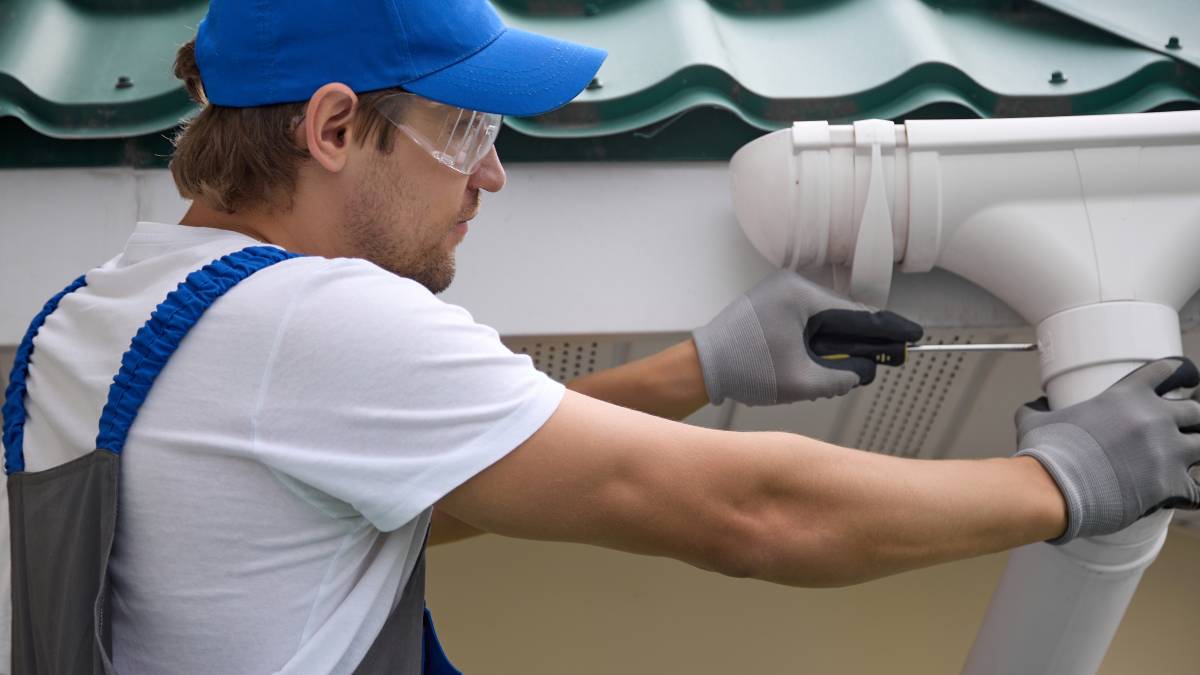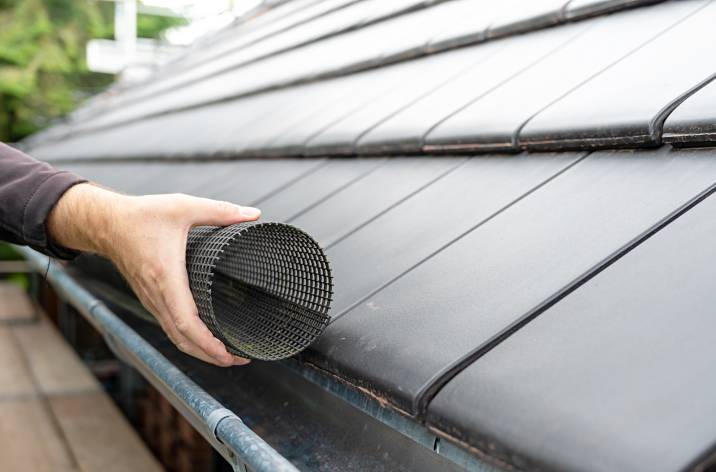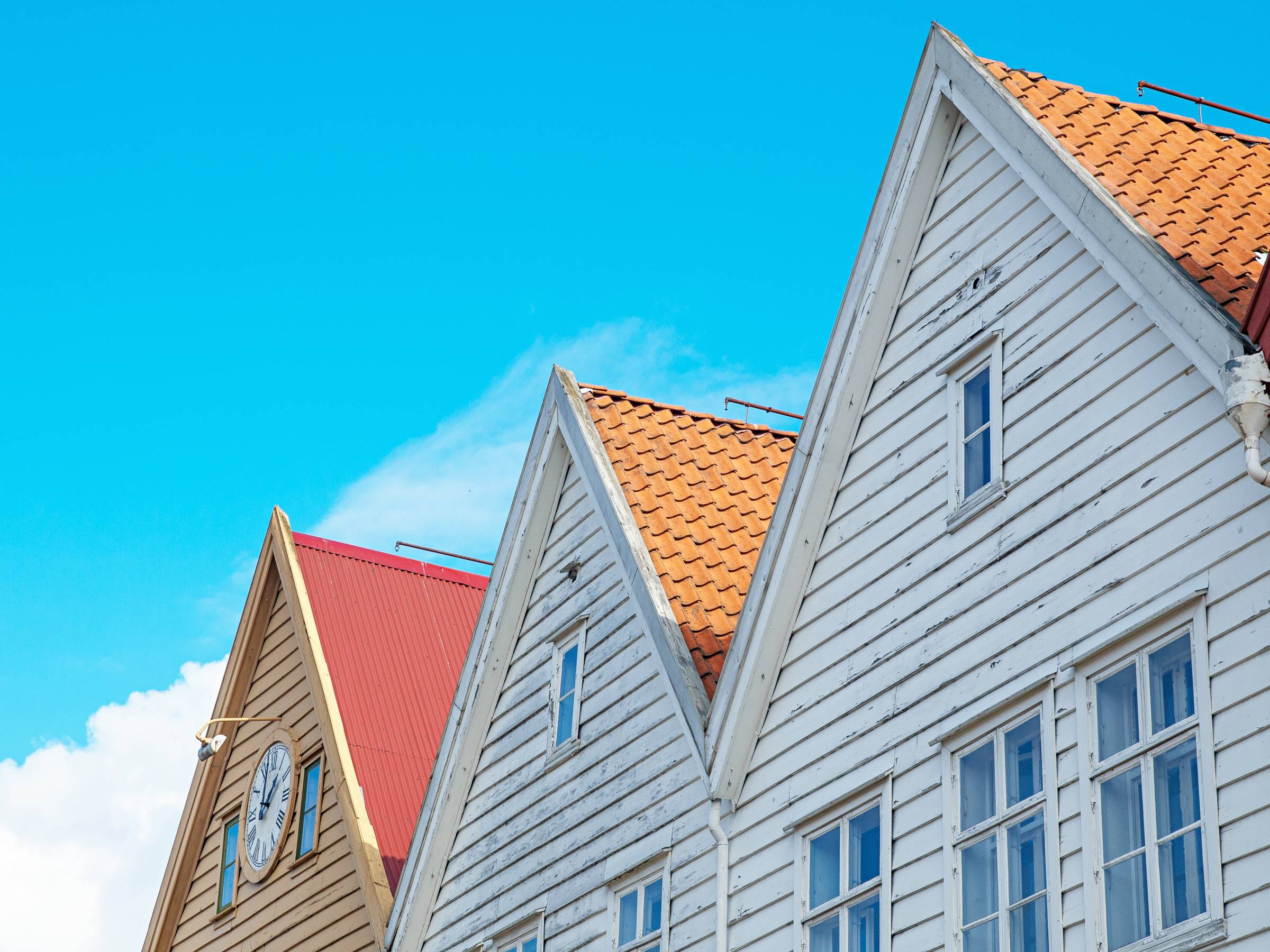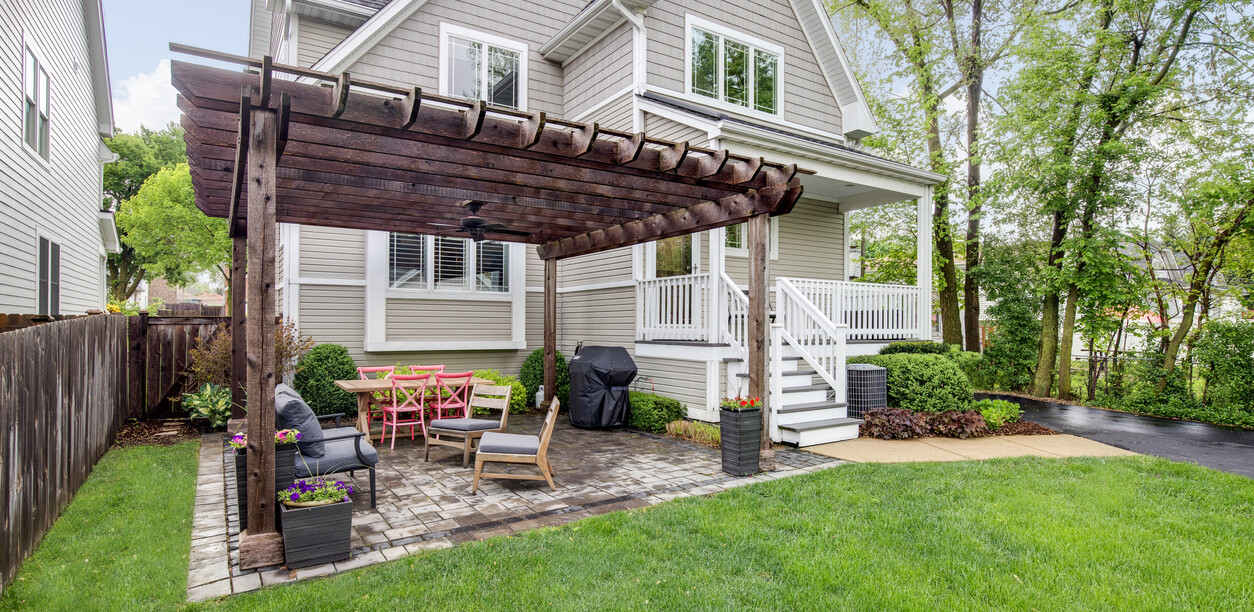- Home/
- Costs/
- Roof Installation/
- New Roofing Cost Guide
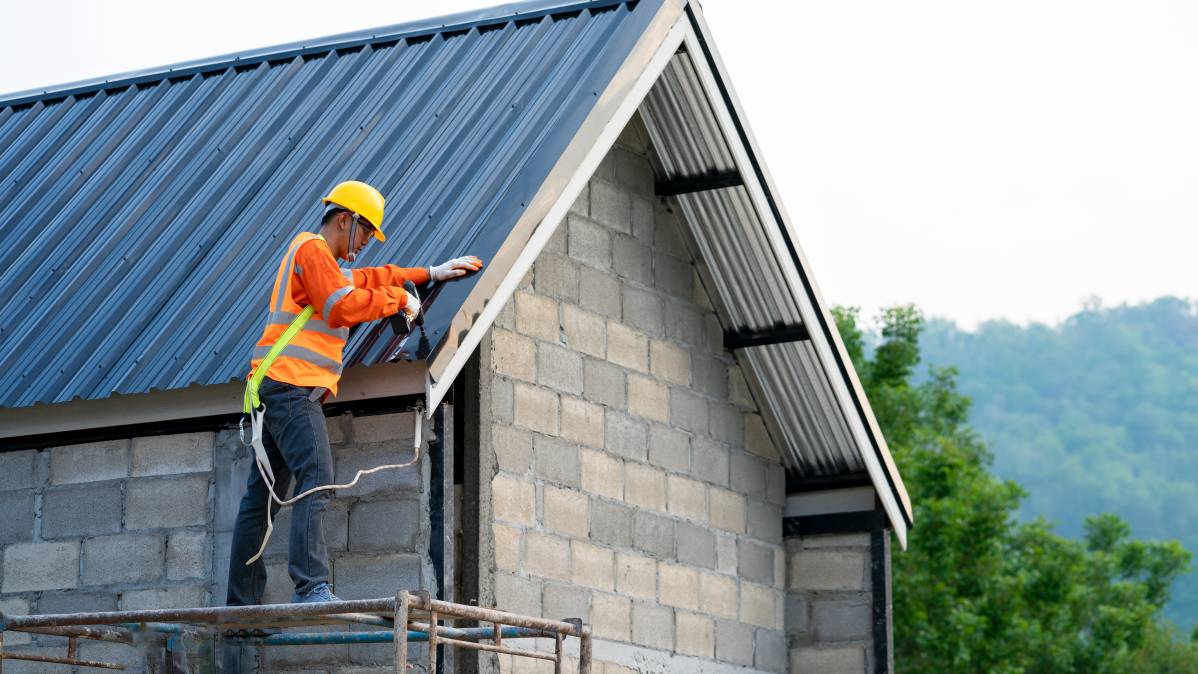
How much does a new roof cost in the UK?
Hire a roofing expertPost to find a price. It's free and only takes a minute.
Average cost of new roof per m2
£36 - £560
low
£36
median
£196
high
£560
Last Updated on

Written by Angela A.
Staff Writer
Read more about our contributor
Key Facts
The average cost for a new roof in the UK is £27 to £560 per m2.
Choosing affordable materials, scheduling during off-peak seasons, and getting multiple quotes can reduce your overall costs.
In the UK, you’re required to upgrade your roof insulation if you’re refurbishing more than 50% of your roof’s area.
The cost of a new roof in the UK ranges anywhere between £27 and £560 per m2, depending on factors like materials and location. For many homeowners, understanding how much does a new roof cost in the UK is crucial for effective budgeting and planning.
We know that figuring out factors that influence roofing prices can be overwhelming, and unexpected expenses often catch anyone off guard. So, in this guide, we’ll break everything down to give you a clear idea of what to expect so you can budget effectively and avoid surprises.
New roofing cost breakdown by roofing type
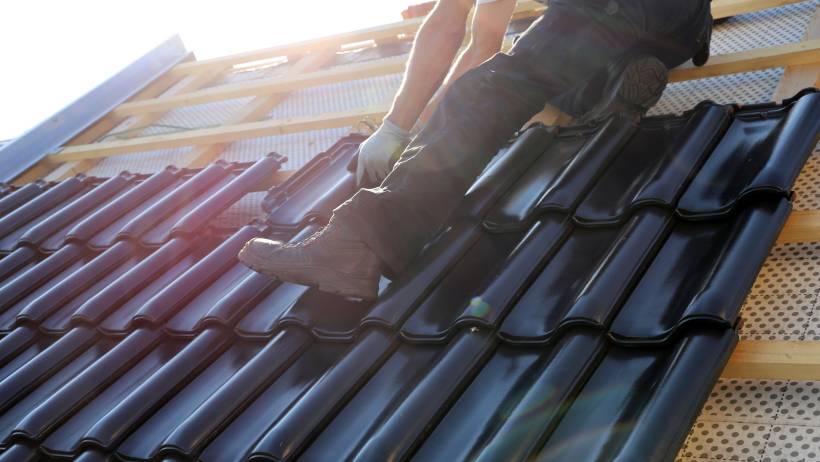 A roofer installing a new roof on a residential property (Source: iStock)
A roofer installing a new roof on a residential property (Source: iStock)
Factors such as roofing material and design play a role in determining how much does it cost for a new roof, with choices like metal roofing or shingles and flat or pitched roofing.
Let’s explore the different types of roofing systems available in the UK, including their characteristics, durability, maintenance needs, aesthetic appeal, and cost per square metre.
Note: We used 200 m2 as the standard roof size in our price tables to show how much you’d likely spend for an average-sized roof in the UK.
Metal roofing
Type of metal roofing |
Average cost per m2 |
Average cost for a 200 m2 roof |
|---|---|---|
Steel |
£9 to £80 |
£1,800 to £16,000 |
Stainless steel |
£35 to £145 |
£7,000 to £290,000 |
Tin (Terne) |
£30 to £178 |
£60,000 to £35,600 |
Aluminium |
£35 to £78 |
£7,000 to £15,600 |
Copper |
£95 to £200 |
£19,000 to £40,000 |
Zinc |
£38 to £123 |
£7,600 to £24,600 |
If you’re after a roofing option that’s both sleek and durable, metal roofing might just be the perfect fit. Materials like steel, aluminium, copper, and zinc can handle whatever the British weather throws at them. A new metal roof costs anywhere from £9 to £200 per m2.
Metal roofs are also lightweight, fire-resistant, and require minimal maintenance. Plus, with a variety of styles and colours available, you don’t have to sacrifice aesthetics for strength.
Shingled roofing
Shingles, specifically those made of asphalt, are ideal for budget-conscious homeowners who want an attractive yet practical roofing option. On average, a new shingled roof costs anywhere from £18 to £40 per m2 or £3,600 to £8,000 for a standard 200 m2 roof.
While they might not have the same longevity as metal or slate options, they offer decent protection against elements and come in various shades for customisation as well.
Concrete roofing
Type of concrete roofing |
Average costs per m2 |
Average cost for a 200 m2 roof |
|---|---|---|
Concrete roof |
£27 to £40 |
£5,400 to £8,000 |
Concrete ridge |
£83 to £241 |
£16,600 to £48,200 |
A new concrete roof costs £27 to £241 per m2 or £5,400 to £48,200 for a standard 200 m2 roof. Concrete is a popular choice for pitched roofs due to its durability and cost-effectiveness. They come in various profiles and colours, so it’s easy to match them to your home’s style.
Concrete ridge tiles, on the other hand, are used to seal and finish the roof’s ridges. They provide extra protection and a cohesive look.
Budget tip: The typical new pitched roof cost per m² in the UK using concrete tiles is around £97 to £275. So, for a standard 200-sq.m roof, you’ll spend between £19,400 and £55,000.
Clay roofing
Type of clay roofing |
Average cost per m2 |
Average cost for a 200 m2 roof |
|---|---|---|
Clay roof tiles |
£29 to £52 |
£5,800 to £10,400 |
Clay ridge tiles |
£38 to £55 |
£7,600 to £11,000 |
If you’re aiming for a natural and timeless look, clay roof tiles are an excellent option. A new clay-tiled roof costs about £29 to £55 per m2 or £5,800 to £11,000 for a standard 200 m2 roof. They’re slightly more expensive than concrete tiles but have a lower water absorption rate, so you’ll have a lower risk of getting mould growth. Just take note that clay tiles are sensitive to extreme temperature changes.
Clay ridge tiles complement the main tiles and are used to cap the ridges of clay-tiled roofs. Together, they offer a warm, earthy appearance that will surely enhance your home’s kerb appeal.
Slate roofing
Type of slate roofing |
Average cost per m2 |
Average cost for a 200 m2 roof |
|---|---|---|
Reconstituted slate |
£36 to £84 |
£7,200 to £16,800 |
Welsh blue slate |
£75 to £182 |
£15,000 to £36,400 |
Welsh blue ridge |
£240 to £560 |
£48,000 to £110,000 |
A new slate roof costs roughly £36 to £560 per m2. Slate options like reconstituted slate and Welsh Blue slate offer elegance and exceptional durability. Reconstituted slate mimics natural slate’s appearance but is lighter and more affordable. It’s made from a mix of synthetic and natural materials.
Welsh Blue slate is a premium natural option known for its distinctive blue hue. On the other hand, Welsh Blue ridge tiles are used to finish the ridgeline of the roof. Both of these materials are mined from the quarries of Wales and are known for being long-lasting.
Pro tip: Hire a skilled slate roofer to ensure that your slate roof is both beautiful and installed properly.
Flat roofing
Type of flat roofing |
Average cost per m2 |
Average cost for a 200 m2 roof |
|---|---|---|
Flat roof |
£50 to £100 |
£10,000 to £20,000 |
Fibreglass |
£62 to £140 |
£12,400 to £28,000 |
Bitumen |
£57 to £135 |
£11,400 to £27,000 |
Rubber membranes |
£80 to £170 |
£16,000 to £34,000 |
Flat roofing is commonly used for extensions, garages, verandah roofing, and conservatory roof replacements. Materials typically used include bitumen, fibreglass (glass-reinforced plastic or GRP), and rubber membranes. To estimate, a new flat roof would cost around £10,000 to £34,000 for a standard 200 m2 roof.
Bitumen is cost-effective but may degrade over time. Fibreglass or GRP offers a seamless, waterproof finish that’s long-lasting and low-maintenance. Meanwhile, rubber membranes are durable and easy to install.
Thatched roofing
A thatched roof is widely used in the provinces. It’s made from natural materials like straw or reeds, so they offer excellent insulation and a rustic look. With this type of roofing, it’s important to do regular maintenance to prevent issues like rot or pests. Moreover, the installation tends to be pricey since it has to be done by a professional thatcher.
Thatched roofs are usually not priced per square metre but per square. A standard “thatchers square” starts at around 9 m2. So, a thatched roof can range from £700 to £2,200 per 9 m2 or £7,000 to £60,000 when you factor in installation.
What are the factors affecting roofing costs?
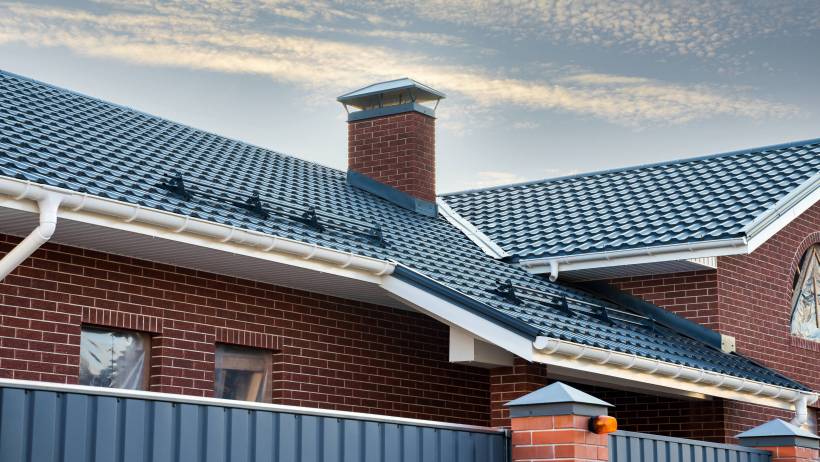 A view of a newly installed roof with a brick chimney (Source: iStock)
A view of a newly installed roof with a brick chimney (Source: iStock)
The cost of a new roof isn’t just about the tiles or metal sheets you choose. Several other factors can influence the final cost. From where you live to the size and complexity of your roof, here are what to consider before starting your roofing project.
Geographic location
| Location |
Average labour rates per hour |
|---|---|
£25 to £35 |
|
£20 to £32 |
|
£18 to £35 |
|
£30 to £35 |
|
£33 to £40 |
|
£23 to £32 |
|
£25 to £30 |
|
£21 to £27 |
Where you live can significantly impact new roof costs in the UK. In bustling cities like London, Manchester, and Birmingham, roofing projects are pricier due to higher labour rates and demand. Material costs are also steeper in these urban areas because of elevated living expenses.
On the other hand, rural areas often offer lower roofing prices thanks to cheaper labour and fewer overheads. But keep in mind, if you’re in a remote location, you might face delays or extra costs for transporting materials if local suppliers are limited. So, while initial quotes might seem lower, logistics can add to the final bill.
Weather conditions in your region can also affect costs. For example, Edinburgh and Glasgow experience more rain, so roofs need to be more durable and waterproof. Coastal towns like Plymouth may require corrosion-resistant materials due to saltwater exposure, adding to the overall cost.
Local regulations and building codes are another factor. Places with conservation areas or heritage buildings, such as York and Cambridge, might have stricter rules on materials and installation methods. This means you might need to invest in premium materials or specialised labour.
Roof size and area
The size of your roof plays a huge role in determining the overall cost. A larger roof means you’ll need more materials and more labour, which naturally increases expenses. The roofing costs per square metre in the UK can vary based on the material you choose, so knowing your roof’s dimensions is needed to budget accurately.
For instance, the cost of a new roof on a terraced house that has two bedrooms is usually £3,500 to £6,000. That’s less than that of a three-bedroom semi-detached home, which is £4,400 to £7,000 because the roof area is smaller. Meanwhile, a larger four-bedroom detached home would range from £5,000 to £10,600.
But don’t forget that some fixed costs, like scaffolding and permits, remain the same regardless of size. So even if your roof is small, these expenses may seem costly when factored in overall.
To get a clear estimate, measure your roof’s total area and consider the type of roofing material you plan to use. This way, you can calculate the approximate cost per square metre and avoid surprises.
Roof slope and complexity
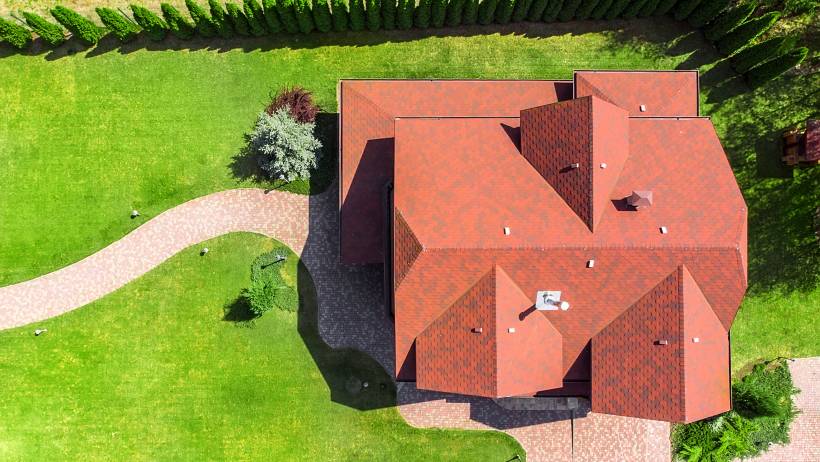 An aerial shot of a brick house with new roofing and well-maintained lawn (Source: iStock)
An aerial shot of a brick house with new roofing and well-maintained lawn (Source: iStock)
The steepness and design of your roof can affect the roof replacement cost in the UK. Steeper roofs are harder to work on and require extra safety measures and more labour time. Flat or gently sloped roofs are generally cheaper to install but might need special waterproofing materials that add to the expense.
Complex roof designs also drive up costs. Roofs with intricate layouts—like mansards, hips, and combinations of gables—need more materials and labour. Each additional feature, such as dormers, chimneys, or valleys, requires precise cuts and flashing to prevent leaks, which takes more time and skill.
For example, replacing a simple gable roof is less expensive than tackling a complex hip roof with multiple angles and features. So, if your roof has a steep pitch or complicated design elements, be prepared for higher expenses.
Additional costs
| Other services/add-ons | Average costs |
|---|---|
£850 to £1,000 |
|
£1,100 to £3,000 |
|
Wall plates and anchor brackets |
£2,700 to £5,000 |
£450 to £600 |
|
Fascia and soffits |
£2,400 to £3,500 |
Gutter installation |
£720 to £850 |
When calculating the new roof price, it’s important to consider extra expenses that can add up quickly. Scaffolding, for instance, is usually necessary for safety and access. Setting it up and taking it down, plus weekly hire, can start from £850. If you’re removing an existing roof, demolition and skip hire might set you back between £1,100 and £3,000.
Don’t forget about the roof frame itself. Installing new wall plates and anchor brackets can cost anywhere from £2,700 to £5,000. Then there’s insulation to meet updated building regulation standards, which could be £450 or more, depending on the type you choose.
Fascia and soffits are also part of the package. Installing new ones can cost £2,400 or more. When it comes to gutters, installing new ones is around £720. If you’re considering installing gutter guards or need gutter repairs, that could add to the expense.
If you have solar panels, removing and reinstalling them may incur additional costs. This depends on the orientation of your existing roof, panel layout, and any changes in tile type or system performance. So, while the main roofing work is a significant part of the expense, these additional costs are important to factor in to avoid any surprises down the line.
Urgency and seasonal demand
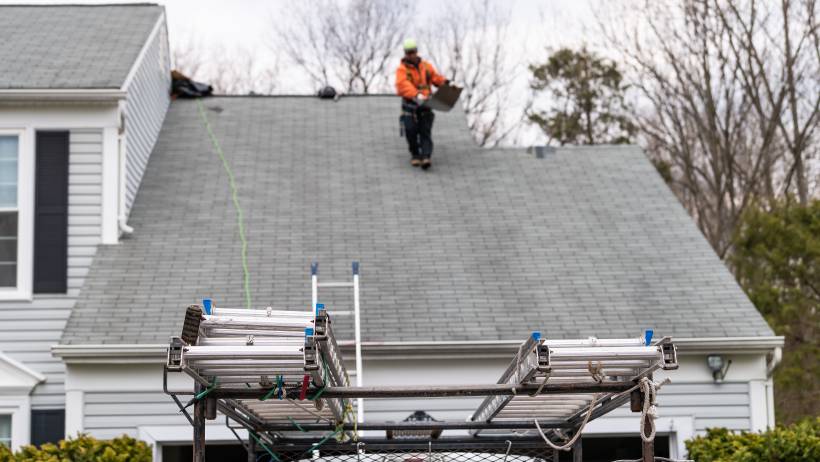 Worker repairing roof tiles on a home during winter (Source: iStock)
Worker repairing roof tiles on a home during winter (Source: iStock)
Timing can significantly impact roofing costs. If you need a roof replacement urgently—say, after a storm or sudden leak—you might face higher prices due to the immediate need for services. Contractors may charge extra for quick turnarounds.
Seasonal demand also plays a big role. Autumn is the busiest season for roof replacements as homeowners prepare for winter. This high demand can lead to higher prices and longer wait times. On the flip side, early winter and summer often have lower demand, so contractors might offer better deals and have more availability.
Weather conditions can affect both timing and material choices, too. Some roofing materials, like shingles, aren’t ideal for installation in cold weather because they can freeze and crack. If you need to replace your existing roof during colder months, contractors might recommend materials like tiles or EPDM roofing instead.
Long-term cost considerations
Investing in a high-quality roof isn’t just about immediate protection. It’s a smart move that can save you money over time.
Long-term cost considerations |
Average costs |
|---|---|
£450 to £900 |
|
£40 to £400 |
|
£150 to £2,750 |
|
£350 to £850 |
Quality materials like metal, clay, or long-span roofing are more durable and resistant to weather damage, meaning you’ll spend less on roof repairs down the line. With proper care, modern roofs can even last 50 years or more.
A solid roof also prevents major issues like leaks that could lead to costly structural damage, mould, or compromised integrity of your home. By avoiding these problems, you sidestep expensive repairs and enjoy peace of mind knowing your home is well-protected.
Energy efficiency is another big plus. Modern roofing materials often come with energy-efficient coatings or reflective surfaces that improve insulation. This keeps your home cooler in the summer and warmer in the winter, further reducing heating and cooling costs over time.
Don’t forget about maintenance tasks like gutter cleaning, repair, or gutter guard installation. A high-quality roof reduces the frequency of these chores, so it saves you both time and money. Regular cleaning of your existing roof also becomes less of a hassle when your roof resists moss and debris buildup as well.
Lastly, a new roof boosts your property’s value and curb appeal. If you decide to sell, potential buyers will appreciate not having to worry about replacement or immediate roofing repairs, which could lead to higher offers and a quicker sale.
What to check before hiring a roofing contractor
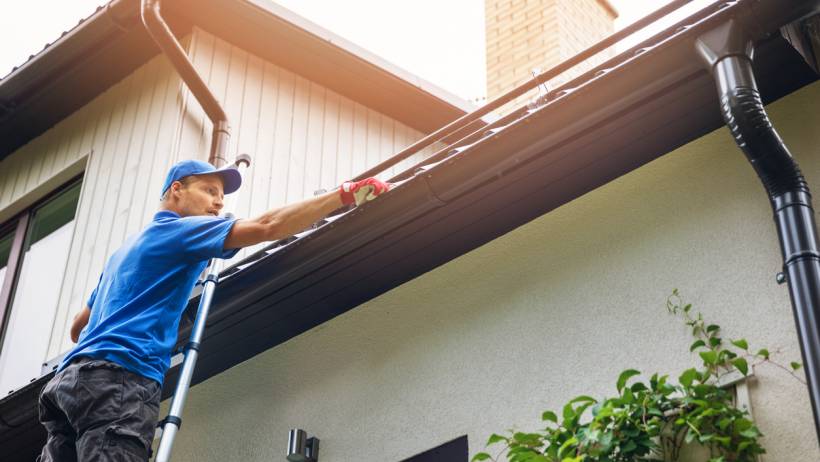 A worker checking the roof for any damage (Source: iStock)
A worker checking the roof for any damage (Source: iStock)
Before you sign on the dotted line, you must know you’re hiring the right professional for the job. Here are some key things to consider when choosing roofing contractors.
Verify credentials and reputation
Make sure the contractor has the correct licences, certifications, and approvals to perform roofing work. Check if they’re members of professional organisations like the National Federation of Roofing Contractors (NFRC) for quality assurance. Also, look out for a British Board of Agrément (BBA) certification, which is issued to contractors who use professional construction products and systems.
For certain roofing materials, like slate or clay tiles, contractors may need specific certifications or training from the manufacturer to guarantee proper installation. Don’t hesitate to ask for references from previous clients or check online reviews and ratings. A solid reputation in the roofing industry speaks volumes about the quality of work you can expect.
Make sure you have written contracts
Have a detailed contract outlining the project's scope, including start and finish dates, materials to be used, and safety procedures. The payment structure should be clear and agreed upon before work begins. Avoid large upfront payments without understanding what they’re covering.
It’s wise to request quotes from multiple contractors, but be cautious of offers that seem too good to be true. Extremely low bids may compromise on quality. Make sure that the cost includes waste removal, cleaning, and all phases of the project.
Ensure compliance with building regulations
Confirm that the contractor complies with local building regulations. For example, upgrading roof insulation might be required when refurbishing more than 50% of the roof’s area. Roofing contractors should be registered with a competent person scheme, such as the NFRC Competent Person Scheme or work with the Local Authority Building Control.
Remember that as the homeowner, you’re responsible for obtaining any required planning permissions. This is especially the case for significant refurbishments or changes.
Find skilled roofers to upgrade your roof on Airtasker
Navigating the complexities of roofing costs can feel overwhelming, but you don’t have to do it alone. Whether you’re planning a full roof installation, need some roof repairs, or just want a thorough roof cleaning, Airtasker connects you with trusted professionals who can help.
Why stress over finding the right contractor when you can easily post a task and let qualified roofers come to you? They’ll provide quotes, answer your questions, and make your roofing project a breeze. Don’t let roofing worries keep you up at night.
Learn more about our contributors

Written by Angela A.
Staff Writer
Angela Apolonio is an experienced writer with a Biology background. She writes about home tips, car upkeep, gardening hacks, and food facts, bringing a unique blend of science and practicality to her work. As a wife and a mother, she knows the value of iron-clad routines, so she's passionate about sharing what works for her with everyone else. She loves making everyday life simpler and helping readers find fresh ideas to bring more joy into their spaces.
FAQs on new roofing
A 200-square meter roof can take three to seven days, depending on the material you choose, the area of your house, and your contractor’s experience.
You can DIY minor defects like leaks, but an entire roof replacement needs skilled and trained personnel to do the job right. It’s best to hire an expert to help you with your roofing needs.
In most cases, a new roof doesn't significantly add to your home's market value, but it will prolong the life of your roofing system and the house as a whole.
Yes, you may be eligible for government grants for home improvements, including new roofs. For more information, visit Citizens Advice.
A new roof in Manchester generally ranges from £9,800 to £17,200.
In Surrey, you can expect to pay between £7,200 and £15,500 for a new roof.
A new roof in London typically costs between £5,100 and £15,300.
If you're looking for reliable roofing services, Airtasker connects you with professionals in your area. Whether you're in Adelaide, Perth, or Newcastle, you can find skilled roofers ready to help. Explore the following city-specific services:
Visit these links to find the best roofing experts near you.
Find roof installation experts, fast
Post a task
Related price guides
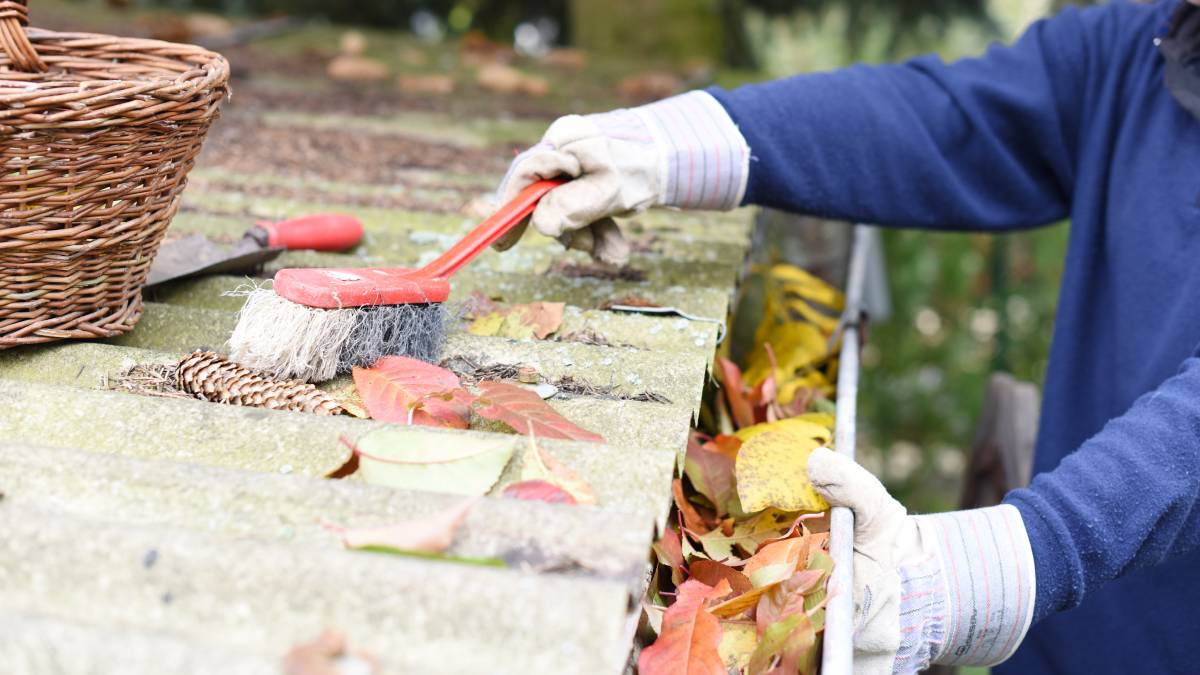
How much does gutter cleaning cost?
Read more
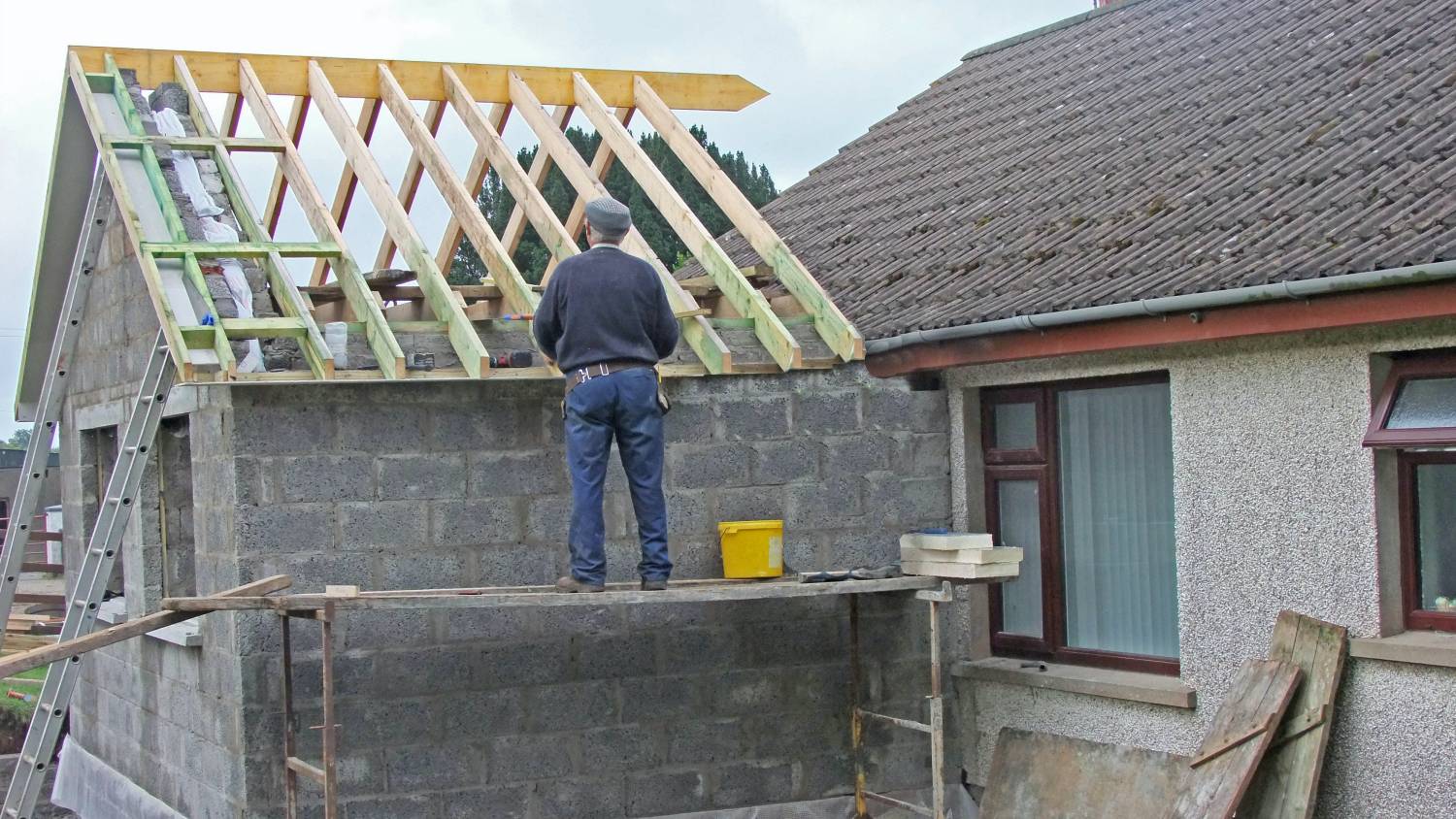
Conservatory roof replacement cost
Read more

How much does a chimney sweep cost?
Read more
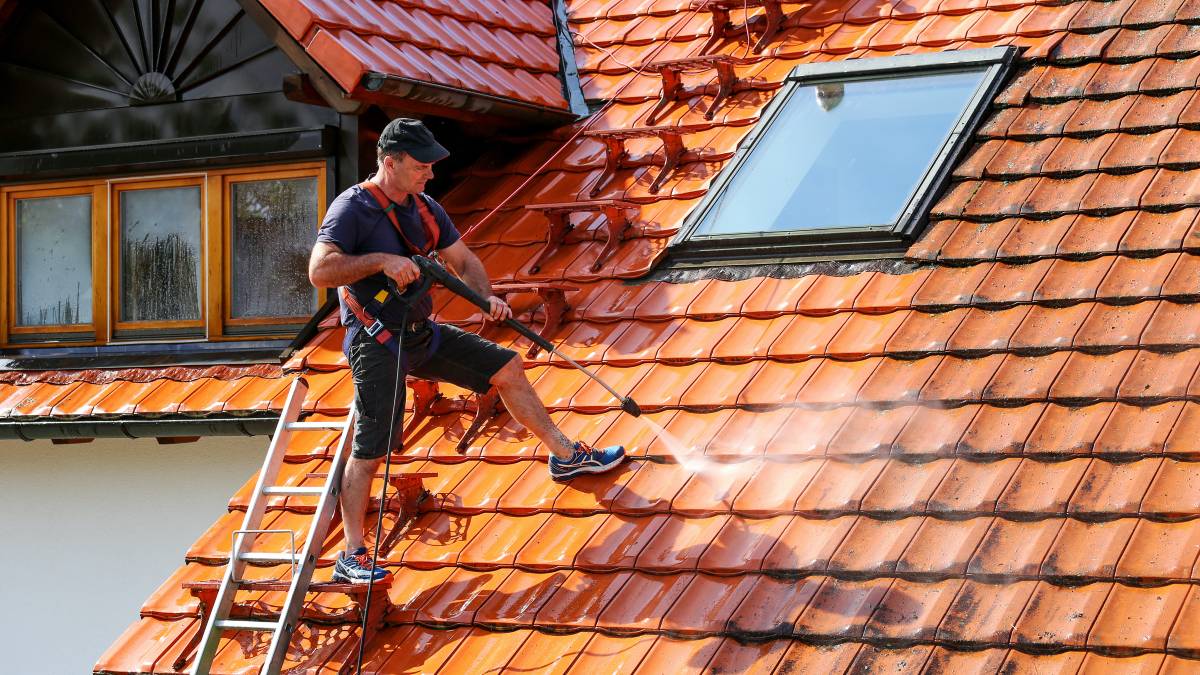
How much does roof cleaning cost?
Read more
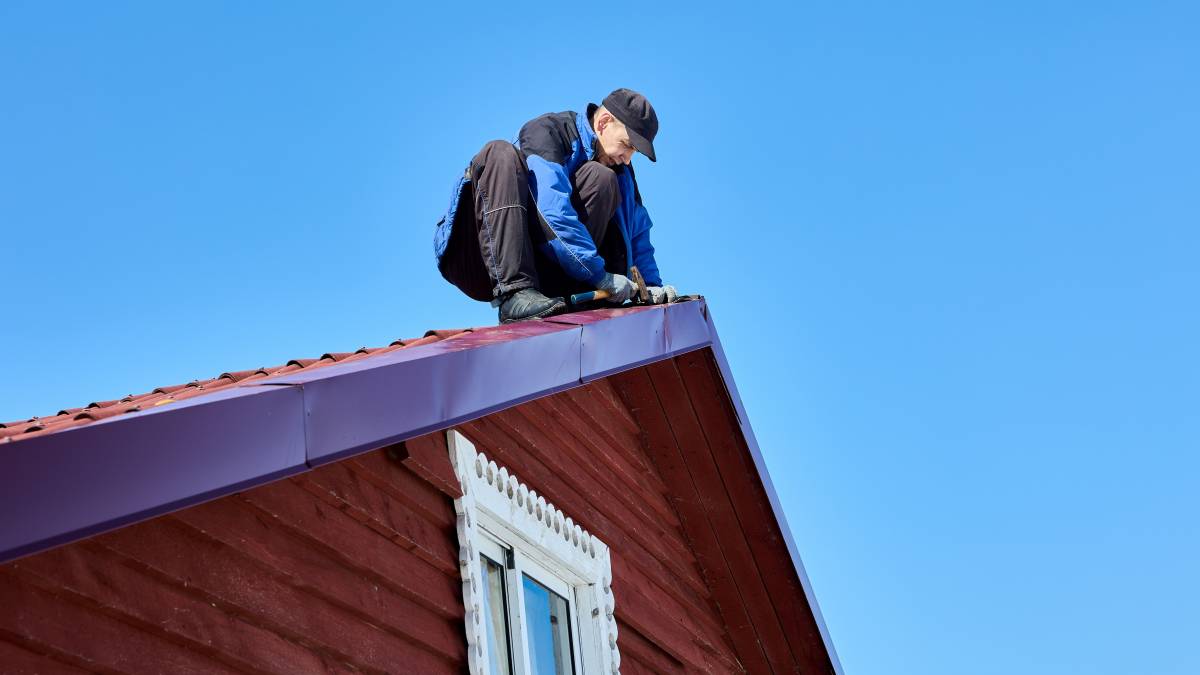
How much does roof repair cost?
Read more
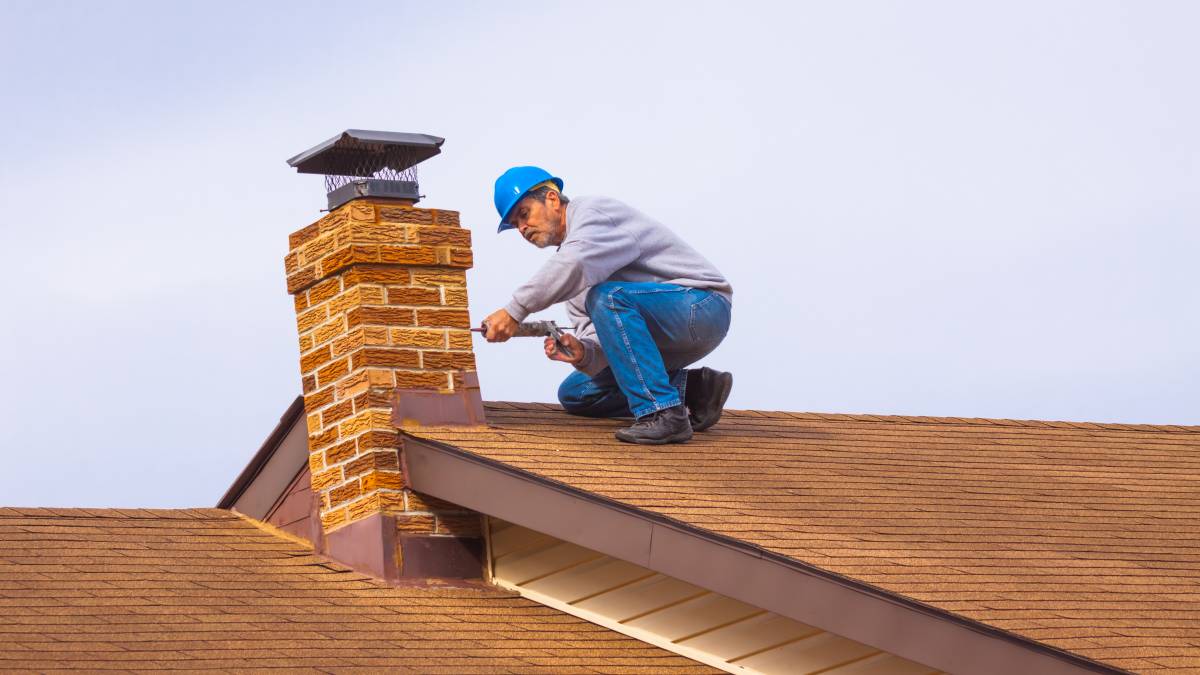
How much does a chimney repair cost?
Read more
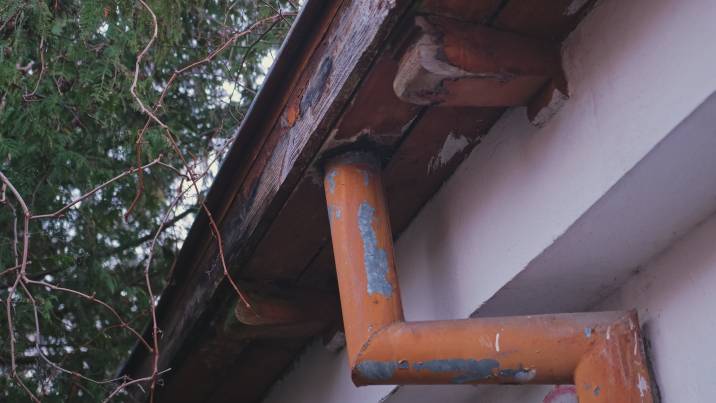
How much does a gutter repair cost?
Read more
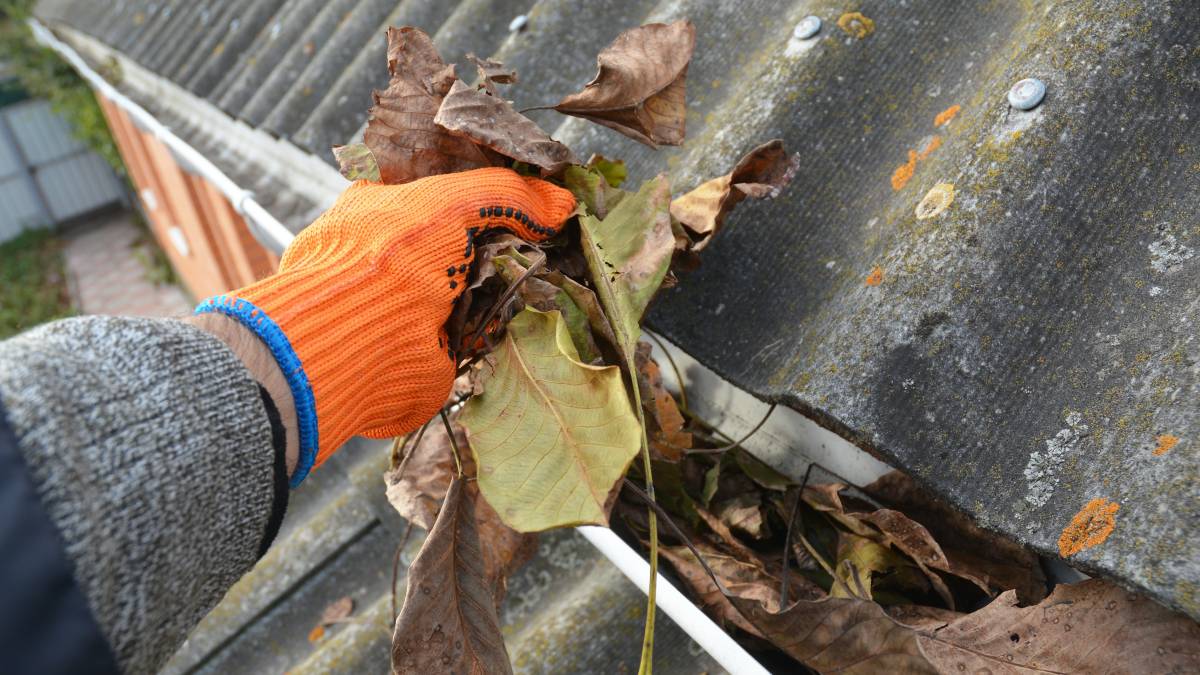
How much does gutter cleaning cost?
Read more
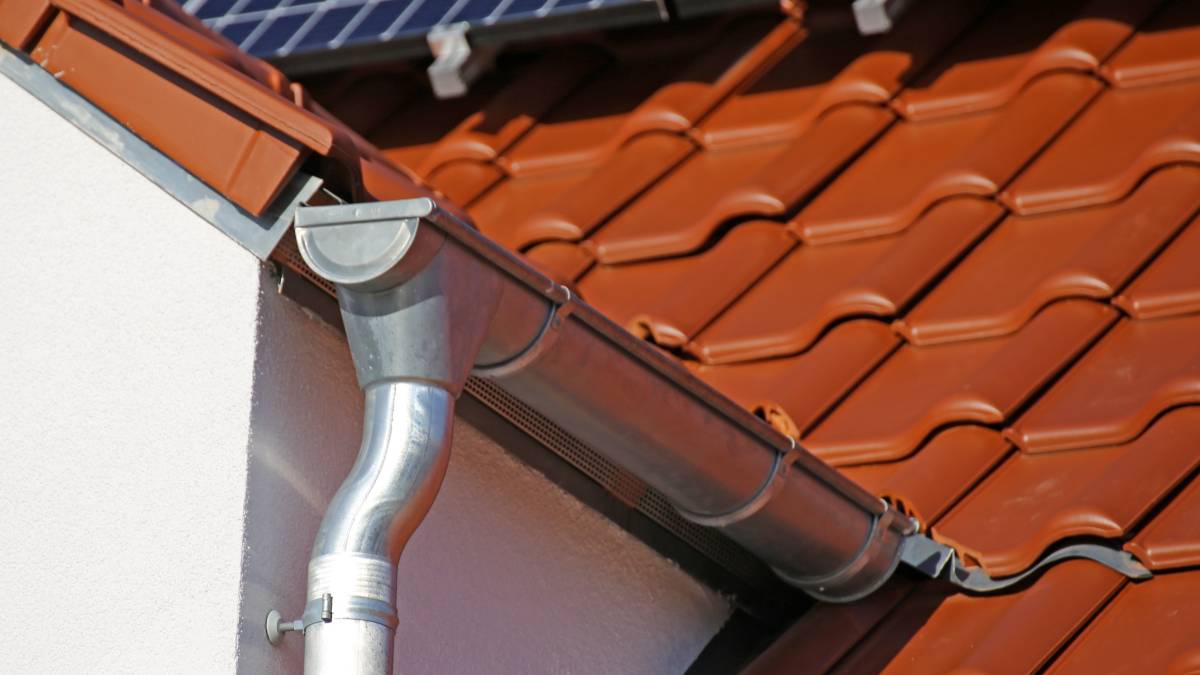
How much does roof plumbing cost?
Read more
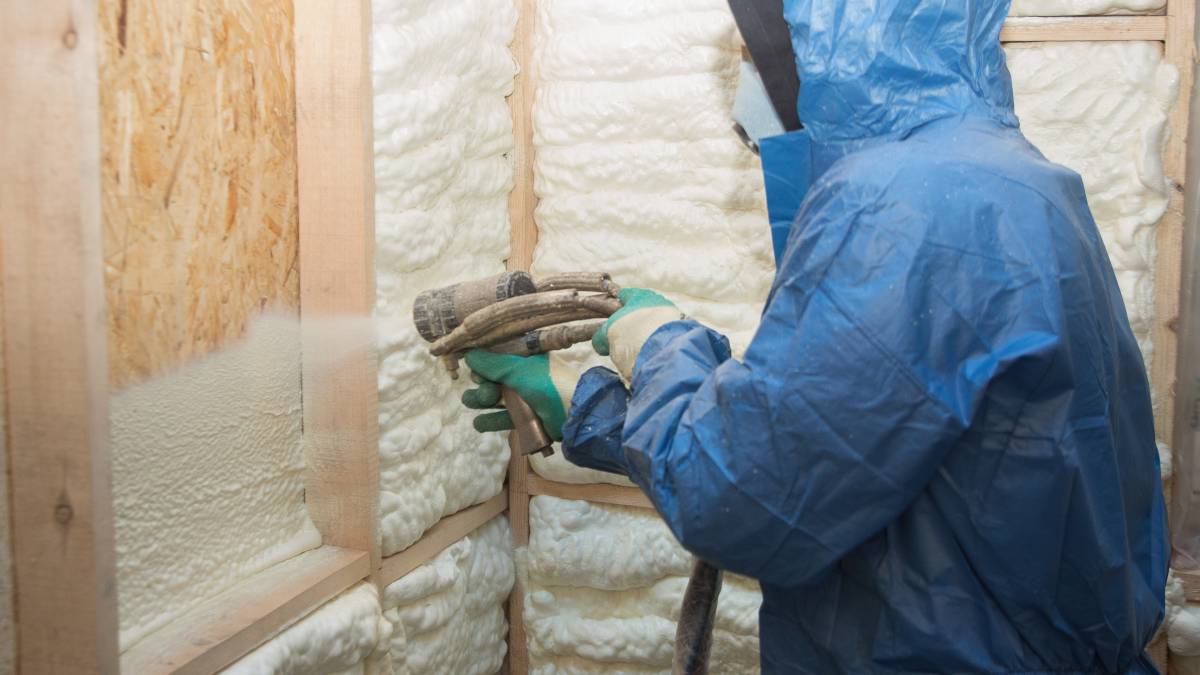
How much does insulation cost?
Read more
Related articles
